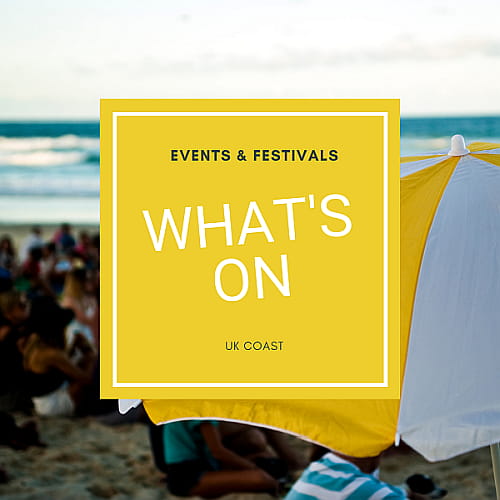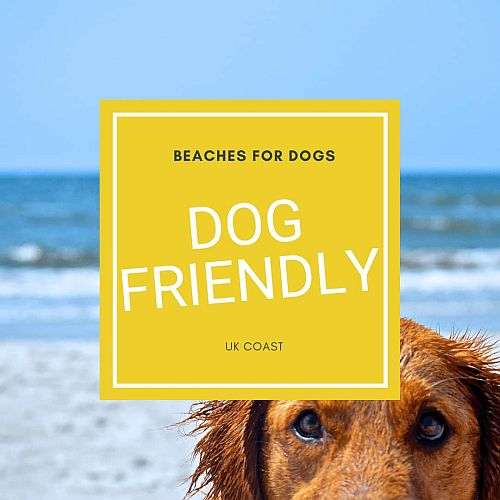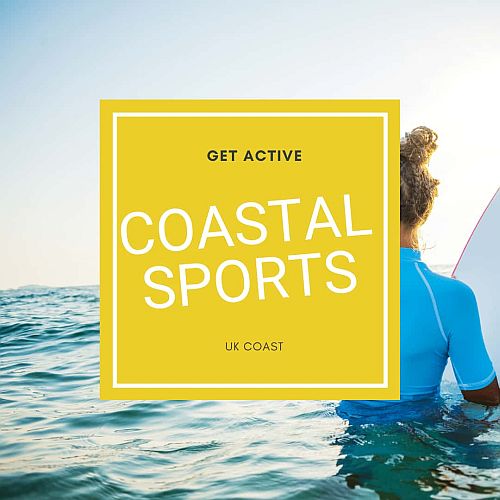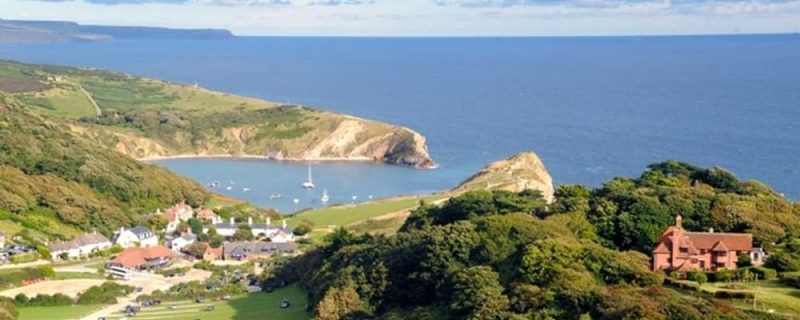Visit Polurrian Cove
Polurrian Cove on Cornwalls’ Lizard Peninsular, is a secluded golden sandy southwest-facing beach near the village of Mullion.
Through the valley and cloaked by steep cliffs it features a large expanse of golden sand and patches of fine shingle, which are revealed at low tide. The beach is surrounded by impressive Cornish cliffs and rugged rocky bluffs, making it a picturesque destination for beachgoers.
There are no facilities here and you can only access the beach on foot along the coastal path. You have to cross a little bridge over a stream to access Polurrian Cove. The stream that flows into the cove is called ‘the Meres’, and crossing the wooden bridge is part of the path leading down to the beach.
Polurrian Cove is popular for seaside activities, including swimming, some surfing, and exploring the rock pools that appear at low tide. The beach is lifeguarded during weekends and bank holidays from mid-July to early September. However, it’s important to be cautious of strong currents and large waves, especially if you’re considering surfing.
Off season it is perfect for getting away from the crowds, as there are limited facilities, with amazing views looking out towards Mullion Island.
Polurrian Cove is dog-friendly outside of the peak summer season, with a ban on dogs from July 1 to August 31 between 10am and 6pm.
Getting To Polurrian Cove
Beach Location
South West England
Parking
There is a carpark close to the beach
Nearest Train
Station
Taking a trip to the beach. Get there by train or car.
Map of Polurrian Cove
Explore the UK coastline
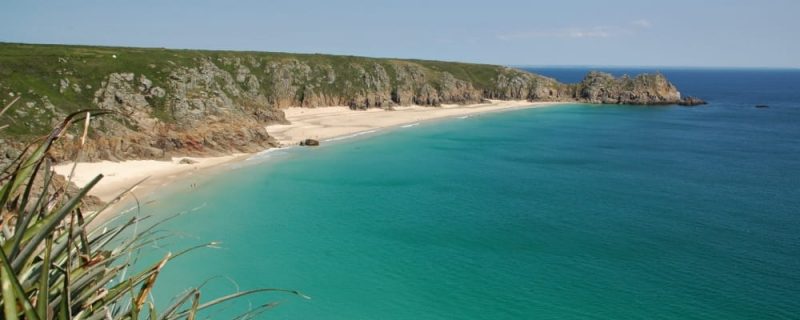
What’s On along the Coast
Throughout the year there are a series of events and festivals taking place along the Coast in 2026. Find out What’s On from food festivals to cultural and sporting events.
Read more from the blog here





